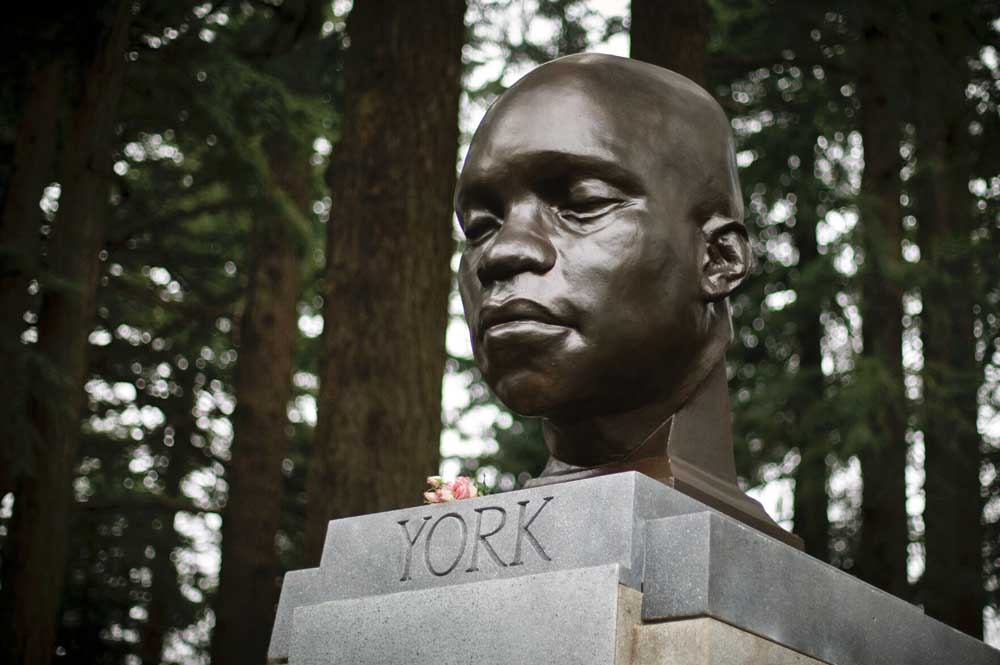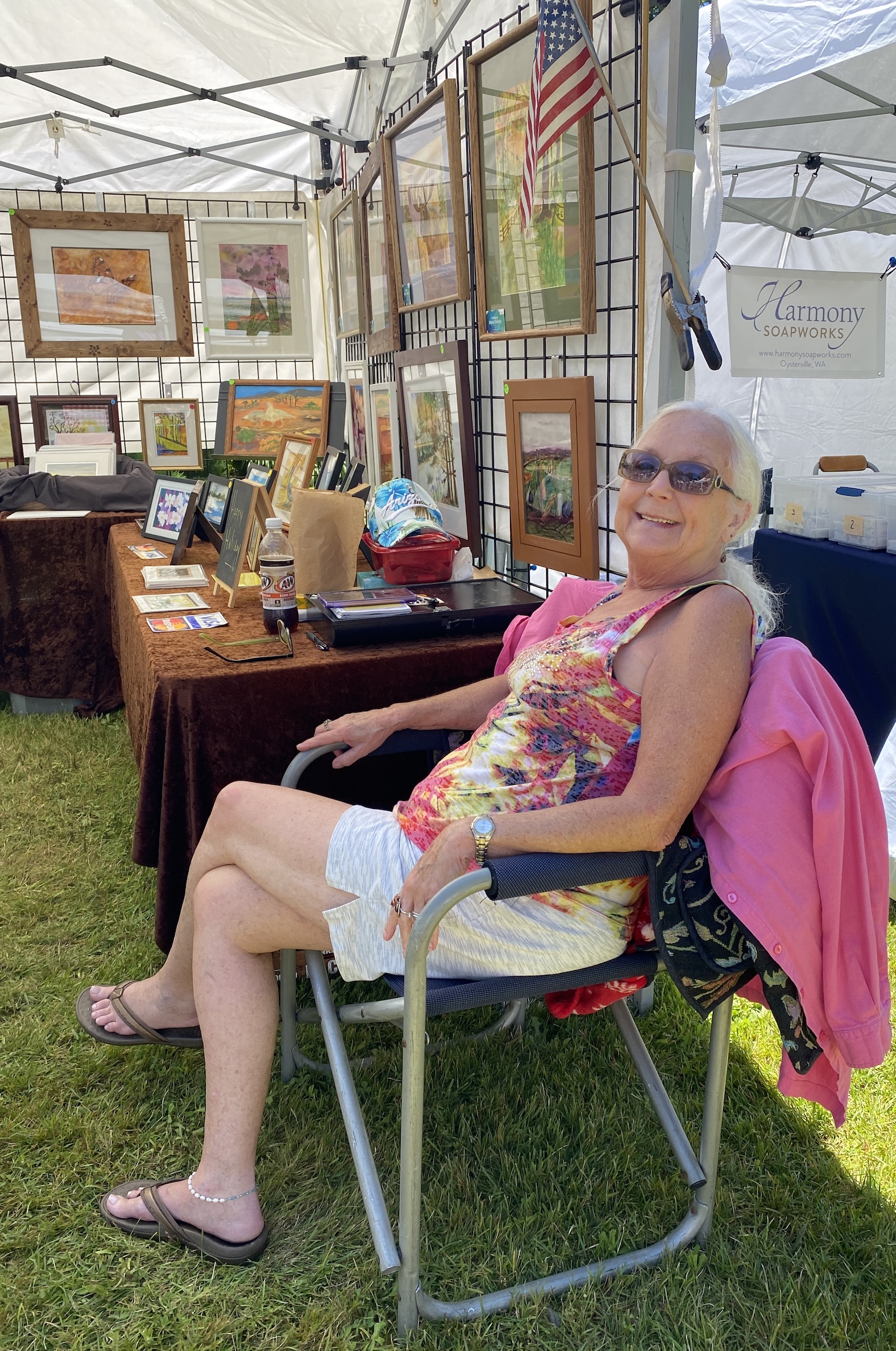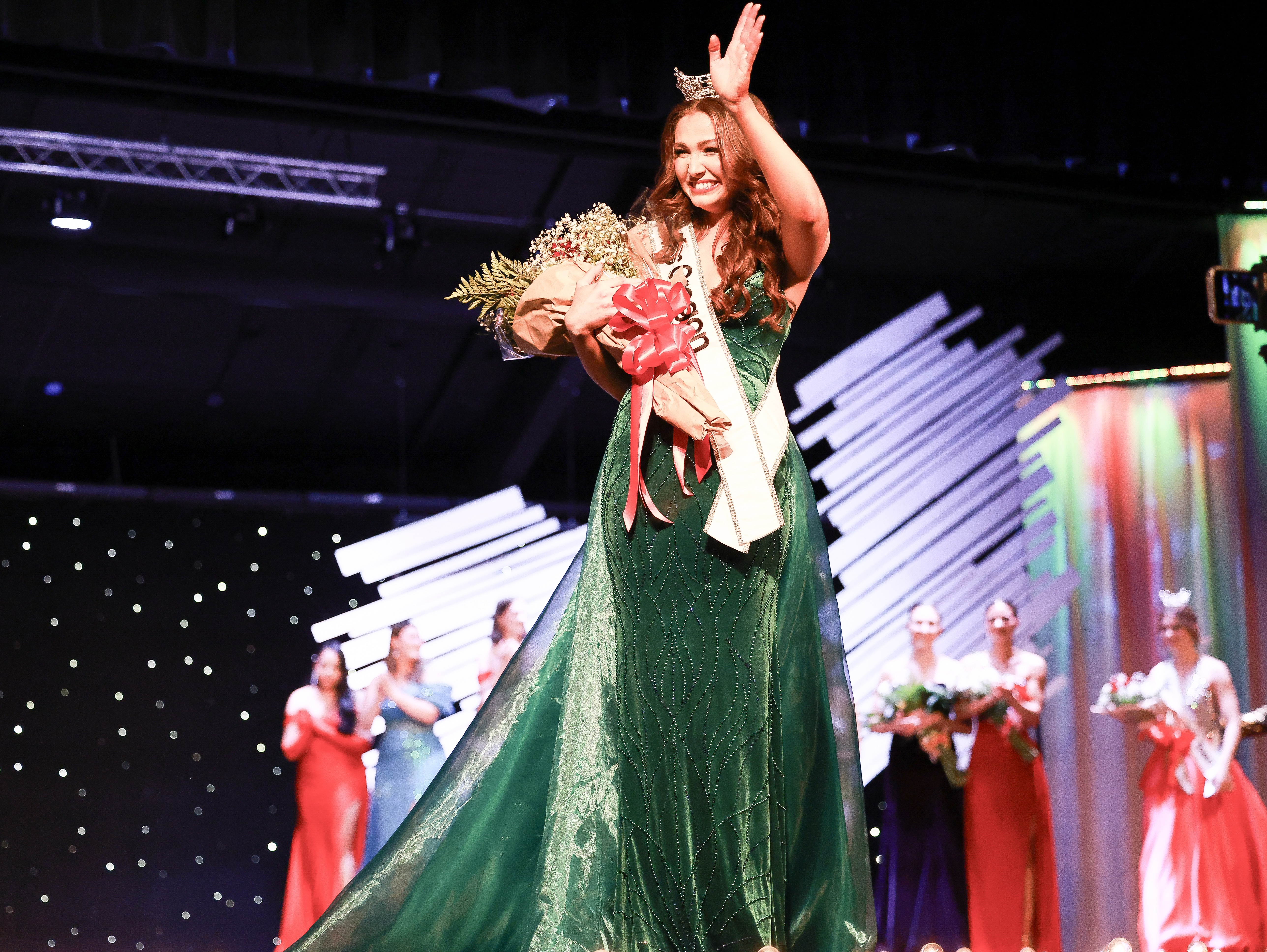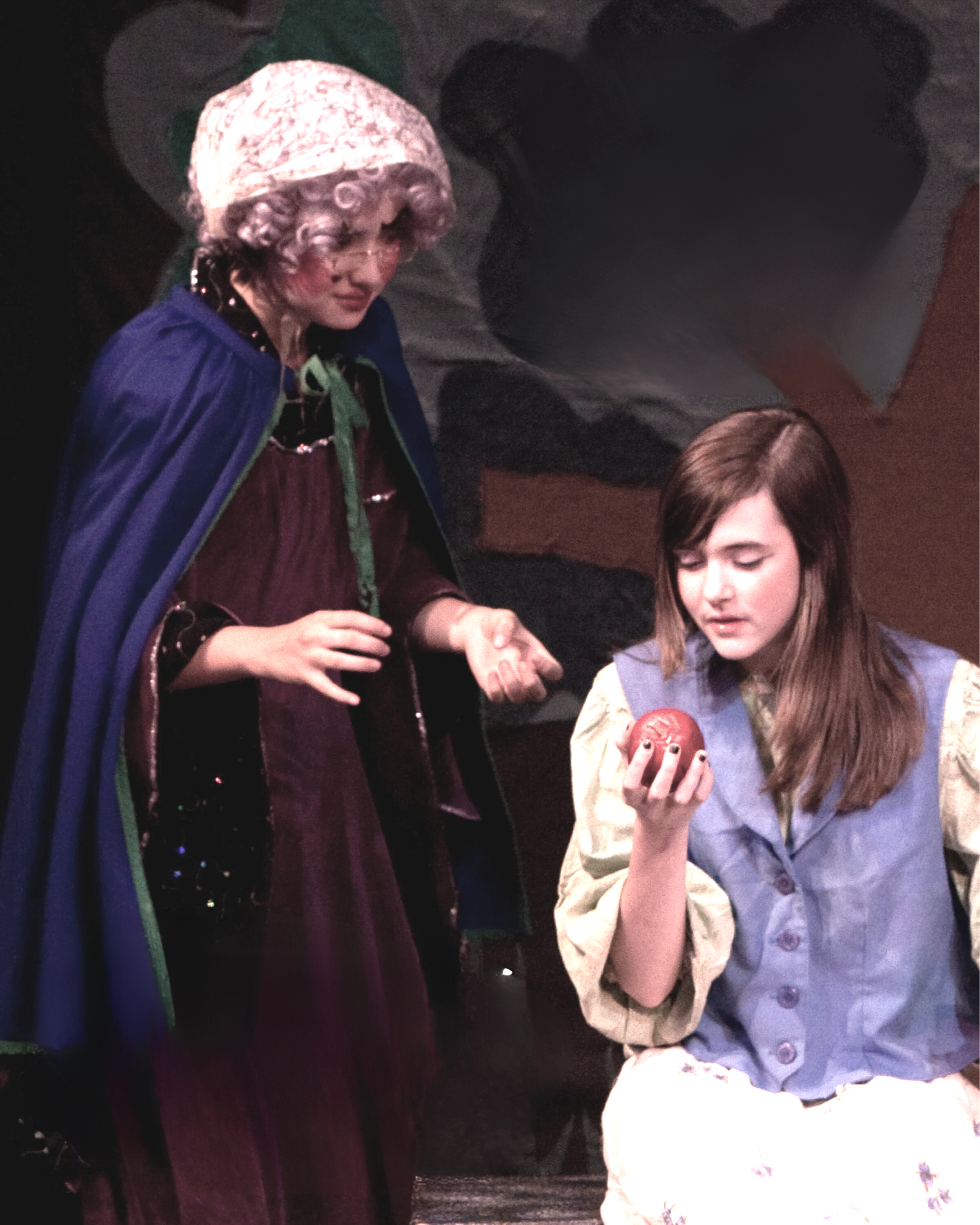Bringing the Oregon Coast’s Black history to life
Published 9:00 am Wednesday, June 8, 2022

- A bust of York, a member of the Lewis and Clark Expedition.
Zachary Stocks imagines coastal visitors past and present standing shoulder to shoulder, exploring lands their ancestors may have once visited or called home.
Stocks, who is executive director of Oregon Black Pioneers, a statewide organization dedicated to preserving the history of Black Oregonians, is passionate about sharing these ancestors’ lives and stories.
Also a park ranger, Stocks interprets stories of exploration, survival and place at Lewis and Clark National Historical Park. “What I do as a public historian and as an interpreter is to try and figure out what those stories are that we can learn from,” Stocks said. “The work that I do is very deeply tied to my feelings about our ancestors and the past.”
Much of his work with Oregon Black Pioneers overlaps with work as an interpreter. “When visitors come to Fort Clatsop, most of them are familiar with the names Lewis and Clark and usually Sacagawea as well,” he said. Another figure that fewer visitors are familiar with is York, the only person of African descent on the Lewis and Clark expedition.
“His role in the expedition was a laborer,” Stocks said. He also notes the discrimination faced by the expedition member. “York was the only man of the expedition who did not receive any compensation for his years of service. All the other men received land and money, and York got nothing,” he added.
Figures like York hint at the centuries of Black Oregonians’ experiences highlighted by the organization’s work. They are also the subject of Stocks’ upcoming presentation, titled “Oregon’s Black History: 450 years in 45 minutes,” set for the Seaside Library. “It’s sort of a crash course in all things Oregon Black history going back to the very first arrivals of people of African descent in the place that we call Oregon,” Stocks said.
Much of that history, he notes, takes place within the North Coast region. “It was up here where we got to see the first maritime expeditions that brought African Americans, or Africans from other countries coming to this part of the Northwest,” Stocks said. Oregon Black Pioneers’ future plans in the region include a Black History Bus Tour, planned for September.
Oregon Black Pioneers was founded in 1993, with a mission to shed light on the stories of communities and individuals of African descent throughout Oregon’s history. Based in Salem, the nonprofit was fully run by volunteers until Stocks joined in the summer of 2020, living and working in Astoria. Since then, the organization has worked on projects and events with the Clatsop County Historical Society, in addition to its consultation services, independent exhibits, lesson plans for students and scholarship support.
“The work that I do is really informed by my relationship with this community and I do my best to work with local organizations to share stories of Oregon’s Black history, particularly ones that are related to Clatsop County,” Stocks said.
Stocks hopes that the organization’s body of research and community outreach will shed light on the region’s diverse history. “The truth is, there’s never been a day in the history of Oregon when there was non-Indigenous people here and Black people weren’t among them,” Stocks said, noting common misconceptions about the state’s early history.
“It’s not just about the work that we do at Oregon Black Pioneers, but instead saying ‘yes, when we look at the heritage of this place, we want to make sure that we represent all the different peoples that have made this place what it is,’” Stocks said. “We do what we can to share stories of our more diverse past so people recognize that everyone has a place here, that everyone’s story is reflected in the Oregon story.”
Seaside Library, 1131 Broadway St., Seaside
2 p.m. on Saturday
Sponsored by Oregon Humanities and Friends of Seaside Public Library
www.seasidelibrary.org.









